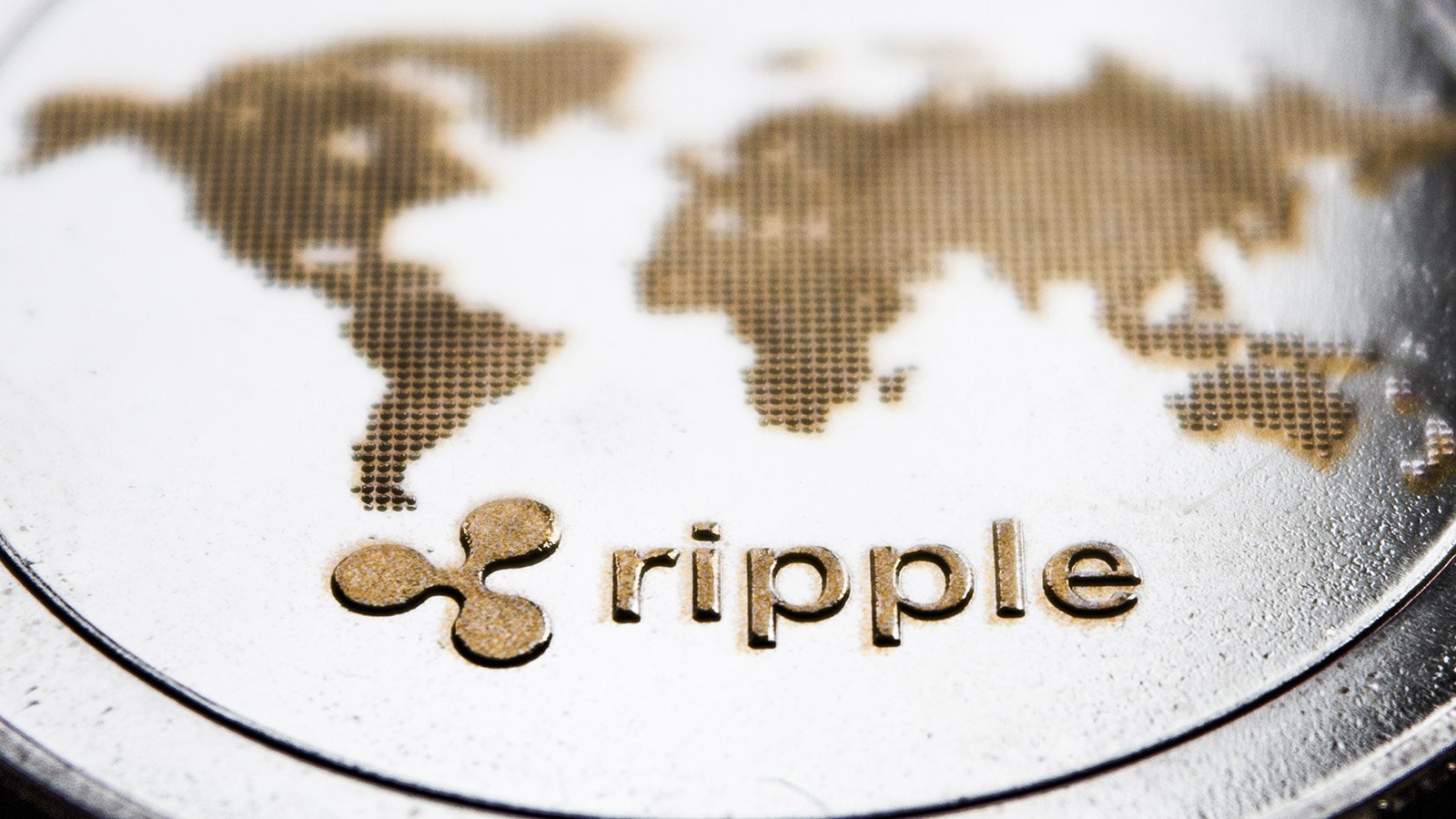
Source: Shutterstock
The crypto market is experiencing a reset right now. Catalyzed by an early summer collapse, prices are vastly down from their highs and many projects have died off from the end of speculative investing brought on by the Federal Reserve. The global market capitalization of crypto is down $1.9 trillion from its November 2021 all-time high. But while this stark reality might make short-term moonshots impossible, it is opening up the door to a period of fundamental strength building. Now, Ripple (XRP-USD) is one to take advantage. ISO 20022 may aid the XRP crypto in a big way.
Not many catalysts exist for big cryptos today. As it stands, Bitcoin (BTC-USD) is simply holding its ground around $20,000, trying not to dip further on Fed hawkishness. Even with the Merge upgrade, Ethereum (ETH-USD) did not see any sizable gains last month, either. Simply put, the market can’t rely on a “just hold” mentality anymore. It also can’t create catalysts via upgrades like it could last year.
There is something projects can do, however. Even through the market turmoil, traditional banks are still deeply invested in the future of crypto. The Basel Committee on Banking Supervision (BCBS) just closed its comment period regarding its study on the asset class and how traditional banks might gain a more influential role in crypto. The response has been loud and clear; dozens of pages of comments on the matter all support greater authority for banks in the crypto world. Down the line, the international banking community will likely have a sizable role in cryptocurrency. And one crypto project is trying to get in with these banks.
Ripple and ISO 20022 Partnership
A large portion of the crypto industry does not want this kind of influence on the crypto market. The whole point of crypto, according to these folks, is to operate without the influence of traditional banking and the government. Whether or not you believe one side to be right or wrong is one thing. But to expect crypto to grow to its current size without attracting attention and scrutiny from the traditional banking world is a pipe dream. That’s why some projects like Ripple are preparing for a future in traditional banking with ISO 20022.
One problem with international banking is that some systems rely on different transfer standards than others. These “banking languages” can be quite fussy. The lack of homogeneity can cause hang-ups with international wire transfers and other cross-border money movement. ISO 20022 is meant to address this. It’s a banking language standard meant for global adoption. This will connect banks and businesses alike to one automated system for cross-border payments, complete with its own robust data structures.
Dozens of companies and banks now hold membership in the technical committee tasked with expanding ISO 20022’s reach. Interestingly enough, RippleNet also appears as one of the only crypto-centric companies to hold membership. Of course, the pair are a match made in heaven; the cross-border payments crypto and ISO 20022 both seek the same ends of making cross-border payments cheap, easy and automatic. As one of the largest crypto projects with this explicit goal, it’s a no-brainer for Ripple to get on board with the growing influence of traditional banking on digital assets.
ISO 20022 Rollout Will Fundamentally Strengthen Ripple Crypto
As it stands right now, ISO 20022 membership connects much of the developed world and many blue-chip financial service companies under a single standard. The list of members will also only grow. So, Ripple getting in early should serve as a huge benefit. With the group of members getting ready to roll out the implementation of this standard, Ripple might just have the strongest catalyst for a crypto this year — even stronger than the Merge.
Back in February, the committee announced its intentions to begin implementing the ISO 20022 standard among members in August. By November, it hopes to make the standard available for any other entities among the general public who want to use it. Now less than a month out from that timeline, there doesn’t appear to be any hang-ups.
This news is huge for Ripple. Many banks don’t yet have Central Bank Digital Currencies (CBDCs) in their home states. Among ISO 20022 members, only three states are trialing CBDCs and none have fully launched one. Meanwhile, XRP is one of the only cryptos compliant with ISO 20022 standards as well as the only full member of the ISO 20022 committee. One can imagine that this will greatly increase traditional banks and governments’ exposure to the XRP crypto. Moreover, Ripple is certainly using this high member status as a point of influence for crypto payments standards.
Of course, the November rollout likely won’t lead to any sort of moonshot gains. That’s just not where the market is anymore. However, it will cement Ripple’s status in the global financial picture, bolstering the crypto’s influence and proximity to the banks who want — and will likely obtain — more authority over the crypto world. That’s a favorable situation for the XRP crypto to be in.
On the date of publication, Brenden Rearick did not hold (either directly or indirectly) any positions in the securities mentioned in this article. The opinions expressed in this article are those of the writer, subject to the InvestorPlace.com Publishing Guidelines.
This news is republished from another source. You can check the original article here

Be the first to comment